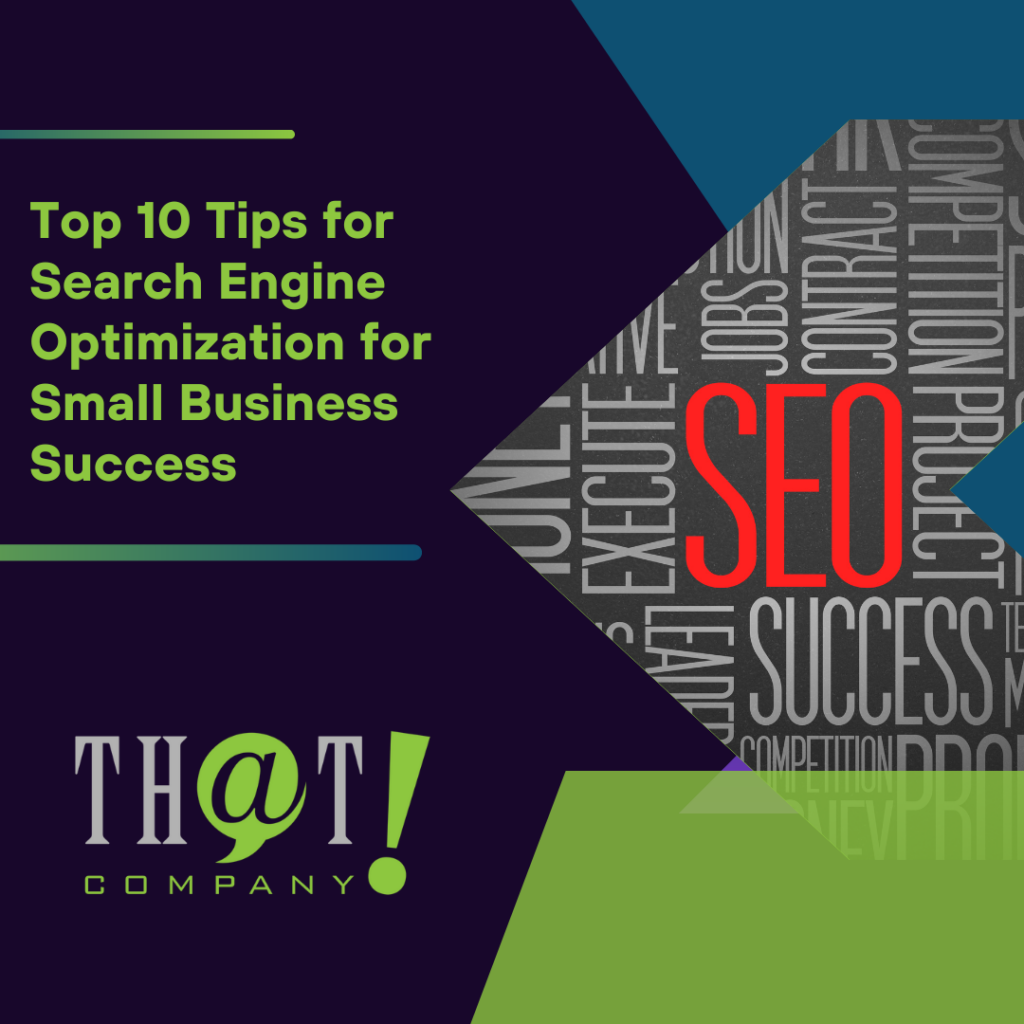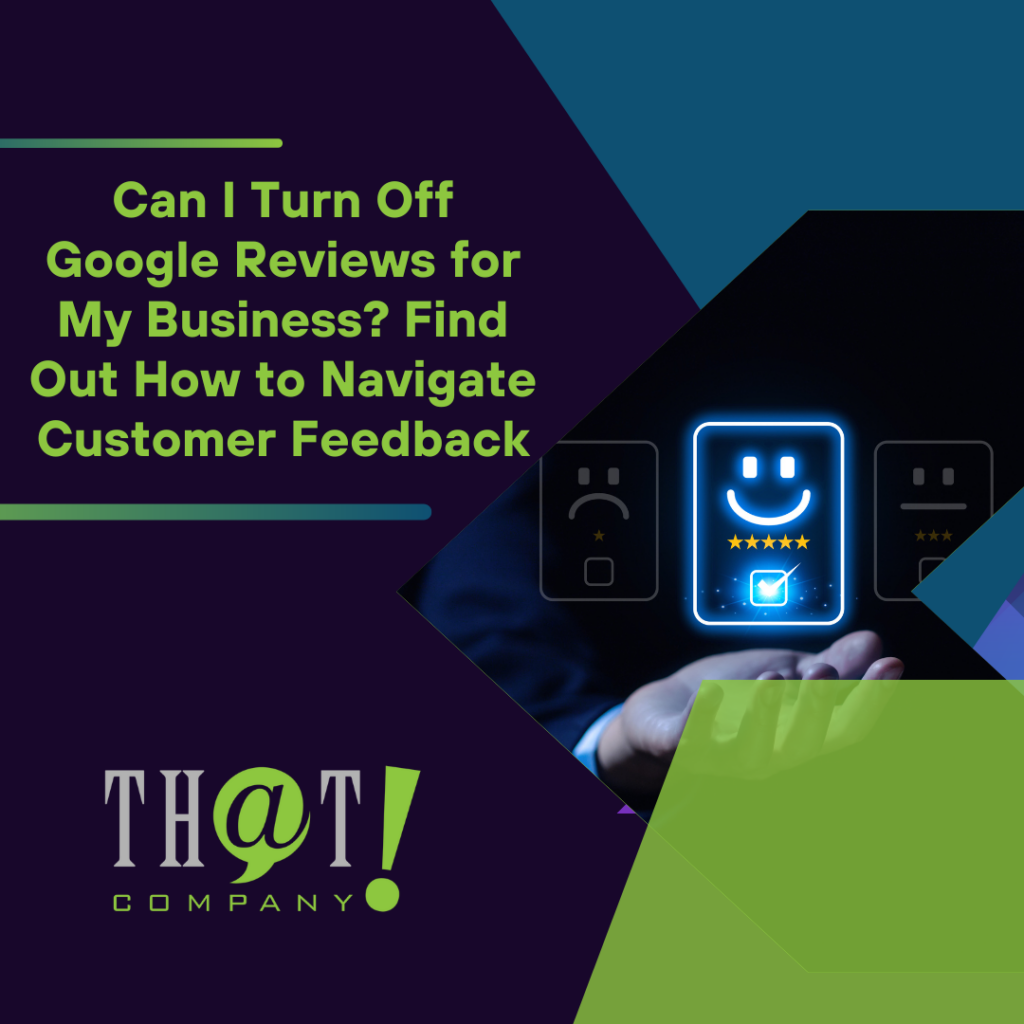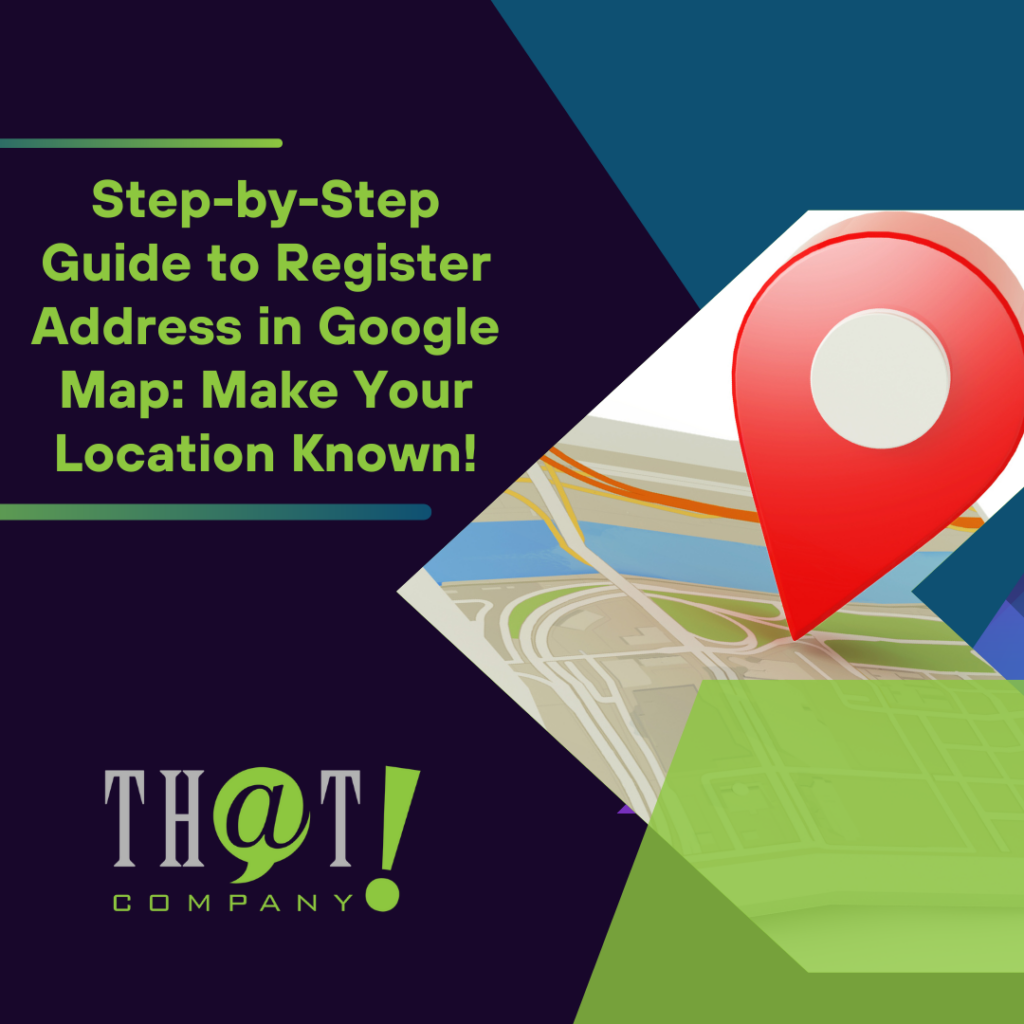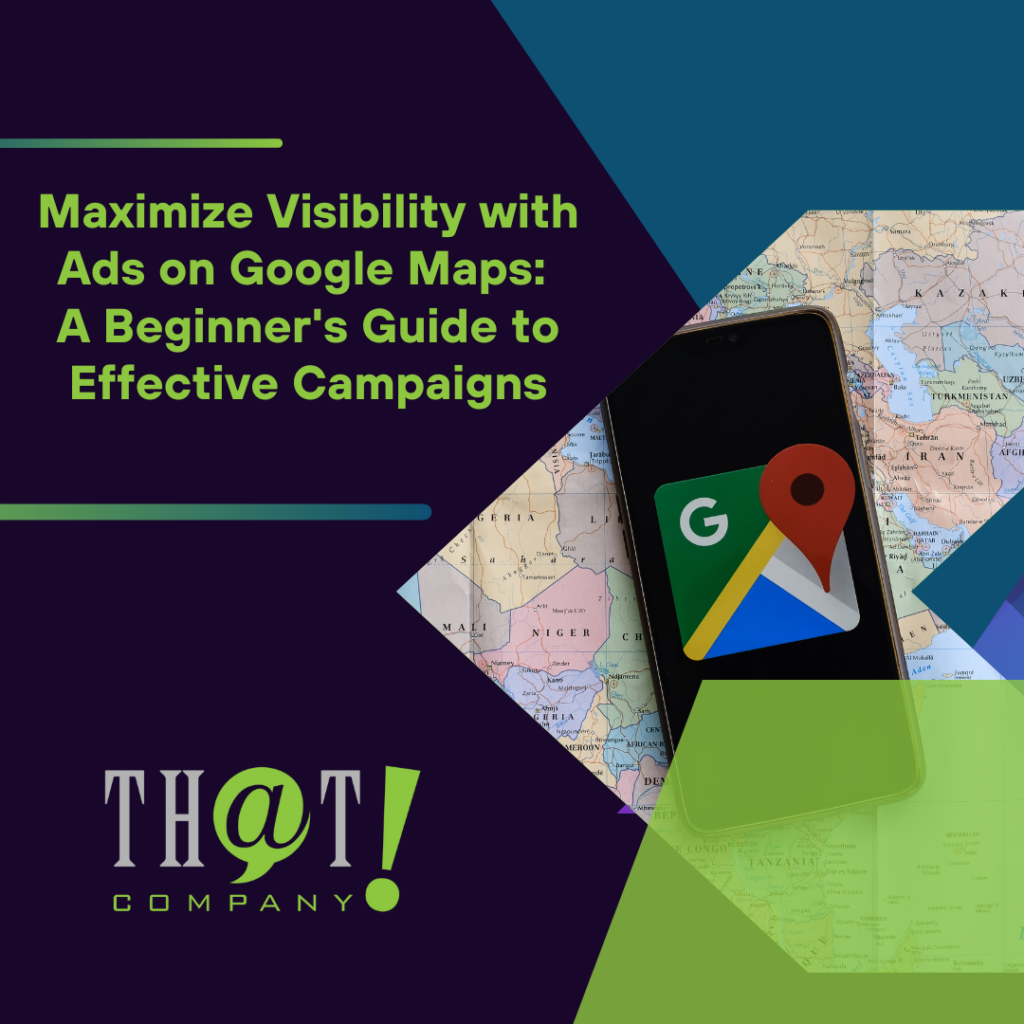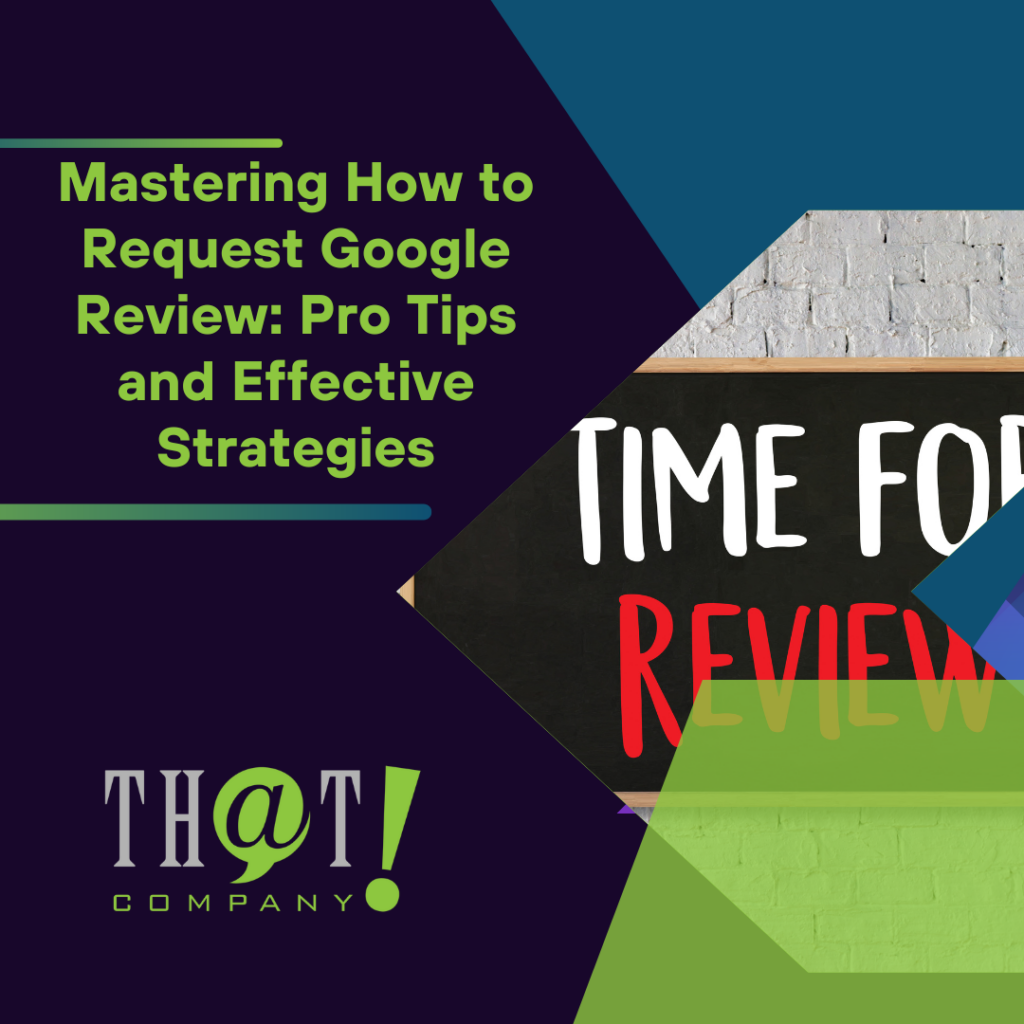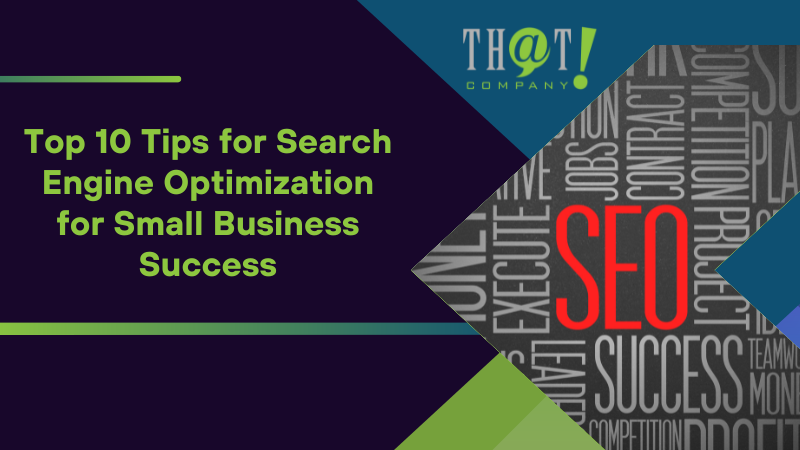
Small businesses need effective search engine optimization for small business to compete online. This guide offers ten actionable tips to improve your website’s search ranking and attract more customers. You’ll learn strategies tailored for small businesses to boost visibility and drive growth.
Key Takeaways
- Small business SEO aims to improve website visibility and increase organic traffic, whereas local SEO focuses on specific geographic searches to reach local customers.
- Utilizing tools like Google Analytics and Google Search Console is essential for tracking SEO performance and making data-driven adjustments to optimize strategies.
- Building high-quality backlinks through guest blogging and partnerships is crucial for enhancing search engine rankings and establishing credibility in the industry.

Understanding Small Business SEO
Small business SEO is the process of enhancing website visibility on search engines for relevant queries. The primary purpose of search engine optimization is to improve website ranking in searches to drive organic traffic. Effective SEO strategies enable small businesses to connect with their target audience early in the buyer journey, ensuring constant availability to customers. This ongoing effort requires persistence, but the results—improved online visibility and customer engagement—are worth it.
Great content tailored to user needs significantly contributes to SEO success. With limited resources, small businesses must focus on delivering high-quality content and optimizing their online presence. This encompasses keyword optimization, technical SEO, and more. When executed correctly, this long-term strategy can result in substantial growth and customer acquisition.
Difference Between Small Business SEO and Local SEO
While small business SEO aims to improve overall online visibility across a broader audience, local SEO is designed to optimize searches within a specific geographic area. Small business SEO can be global, focusing on improving search engine ranking and driving organic traffic from a wider audience. It involves a range of strategies from content creation to link building, targeting a diverse set of keywords.
Local SEO, on the other hand, targets location-based search results, making it essential for businesses that serve local customers. It focuses on enhancing local search rankings, ensuring that the business appears in local search results when potential customers search for services in their area. This is particularly beneficial for local businesses that rely on foot traffic and local clientele.
Understanding the distinction between these two types of search engine optimization allows small business owners to tailor their strategies effectively to meet their specific goals.

Key Benefits of Using That! Company’s White Label SEO Services
Partnering with That! Company for white label services for agencies allows agencies to enhance their service offerings, improve client satisfaction, and achieve sustainable growth in the competitive digital marketing landscape. This partnership allows agencies to offer a full range of SEO services without the need to develop in-house expertise. That! Company’s holistic approach combines content creation, technical SEO, and on-page optimization to achieve sustainable organic search engine results.
Moreover, That! Company provides flexible pricing structures designed to maximize agency profit margins. They offer a comprehensive support system, including sales assistance, project management, and client interactions, ensuring a seamless experience for both the agency and its clients.
This model not only enhances service quality but also helps agencies retain clients by offering a wider range of high-quality services.

Key Benefits of Small Business SEO
Search engine optimization helps small businesses show up in Google searches, attracting potential customers. Increasing organic traffic without paid advertisements helps businesses achieve higher visibility and reach new customers. This increased traffic provides the opportunity to turn visitors into clients or customers, driving sales and growth.
Investing in an SEO strategy can lead to a better online experience, as effective strategies improve page speed and incorporate clear call-to-actions, boosting engagement. Additionally, higher visibility in search results enhances credibility and trust among potential customers, making SEO a cost-effective marketing strategy that leads to higher conversion rates.
Boosting Online Visibility
SEO helps make websites easy to find, increasing client interaction and driving more traffic. Focusing on local searches ensures more people see small businesses’ listings and become aware of their offerings. Higher positions in search results expand the likelihood of reaching potential customers and enhance site traffic through search engine optimization seo.
High-quality content continues to attract traffic even after publication, providing long-term benefits.
Building Trust and Credibility
High rankings in search results contribute to a perception of credibility and authority for small businesses. Effective guest blogging and outreach can establish authority and drive traffic back to your site. Creating high-quality content and securing backlinks enhances a business’s reputation and builds trust with potential customers.
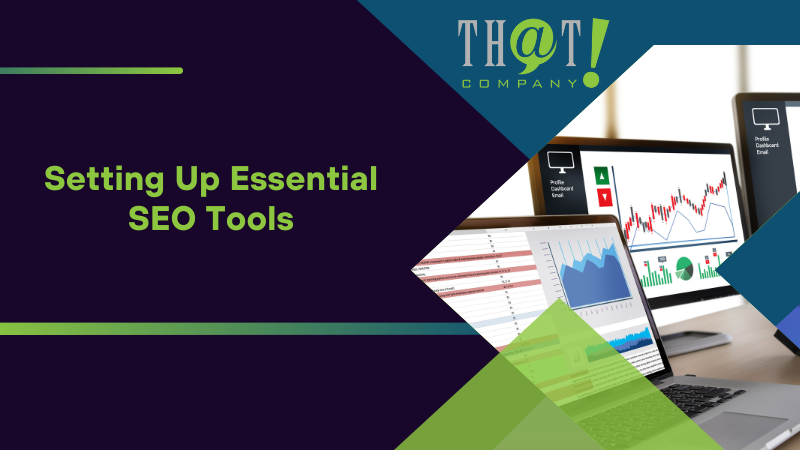
Setting Up Essential SEO Tools
Utilizing both Google Analytics and Google Search Console can provide a comprehensive view of a website’s SEO performance. These tools enable small businesses to track website traffic, user behavior, and search performance, allowing for data-driven adjustments to search engine optimization strategies.
Combining insights from both tools enables businesses to make informed decisions to enhance their online presence.
Google Analytics
Google Analytics helps small businesses track user behavior on their site, such as pageviews, bounce rates, and session durations. This data reveals user engagement metrics, helping businesses understand visitor behavior and improve content. Leveraging Google Analytics enables businesses to make informed decisions for optimizing their SEO strategies and enhancing their online presence.
Google Search Console
Google Search Console is a tool that can check if your pages are visible on search engines and provides data on how the site appears in Google Search and issues with the website. It provides metrics such as impressions, clicks, and ranking position to understand website performance in search results.
Google Search Console identifies technical SEO issues, helping businesses optimize their website visibility and performance.

Conducting Effective Keyword Research
Keyword research is crucial as it reveals the search terms potential customers use, which guides content creation. Tracking keyword rankings helps small businesses identify effective keywords and adjust their strategies accordingly.
A keyword-targeting strategy should balance the competitiveness of keywords and the number of monthly searches to maximize target keyword SEO effectiveness.
Using Google Keyword Planner
Google Keyword Planner allows users to get insights on monthly search volumes and keyword competition levels. By sorting keywords by search volume, businesses can prioritize which terms to target for better SEO outcomes.
Identifying low-competition, high-search volume keywords can effectively enhance SEO strategies.
Analyzing Competitor Keywords
Understanding competitor keywords can help identify gaps in your own keyword strategy and reveal opportunities for ranking. Tools like Ahrefs or SEMrush provide detailed insights into what keywords competitors are successfully ranking for.
Analyzing these relevant keywords allows businesses to refine their strategies to improve search visibility.

Optimizing On-Page Elements
Optimizing key on-page elements is crucial for improving search engine rankings and attracting more visitors. This involves updating webpage components like page URLs, page titles, headers, alt text, and meta descriptions to enhance visibility in search results.
Engaging content that is written for humans first keeps visitors on the site longer and encourages interaction.
Crafting Effective Title Tags and Meta Descriptions
Title tags and meta descriptions are crucial elements of SEO that help improve visibility and click-through rates in search results. Titles are the first thing users notice in search results, making them essential for attracting clicks and influencing user behavior.
Optimized titles should incorporate keywords that impact search engine rankings and increase visibility in SERPs.
Structuring Headers and Content
Google recommends using headers to clearly structure your content, making it easier for both users and search engines to understand. Employing relevant headers helps break up long text sections, improving readability and user engagement.
In turn, this enhances the overall user experience and guides readers through the content effectively.

Improving Site Structure and Navigation
A good site structure enables easy navigation for users and search engines, crucial for ranking well. A bad site structure can prevent pages from ranking well and make them hard for users to find. Regular evaluation and adjustment of content categories help maintain a balanced site structure, enhancing user experience.
Using Google Search Console can help identify mobile usability issues that may affect search rankings.
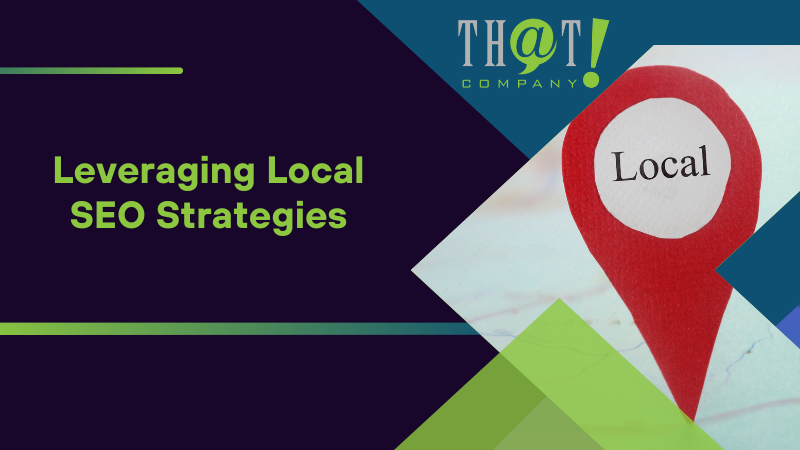
Leveraging Local SEO Strategies
Local search engine optimization is essential for small businesses as it attracts local customers. A local SEO agency can help optimize location-based keywords in headers and content to enhance visibility. Optimized title tags should include a primary keyword and your business name to improve local SEO.
High-quality images and videos can enhance a Google Business Profile and attract more customers.
Optimizing Google Business Profile
A Google Business Profile is a tool that helps people find businesses on Google Search and Google Maps. Optimizing profile information such as business hours, contact details, and service offerings is crucial for attracting potential customers. Regularly updating your Google Business Profile ensures accurate information and visibility.
Google prioritizes relevance, proximity, and prominence in its local google search results rankings.
Managing Online Directories
To avoid losing out on second-hand search traffic and customers, it is important for small businesses to be listed on relevant directories. Consistency in business listings across various directories is critical for improving local SEO. Local citations, which include business NAP information, play a key role in local search rankings.
Tools like Semrush’s Listing Management can help manage local listings effectively.

Building High-Quality Backlinks
Link building is a tactic used to enhance search engine rankings. It plays a crucial role in online visibility. Backlinks act as votes of confidence for a website in the context of SEO, significantly influencing search rankings.
High-quality backlinks are valuable and can be acquired through strategies like digital public relations and replicating competitors’ best backlinks using tools like Ahrefs.
Guest Blogging and Outreach
Guest blogging involves writing articles for other blogs to build backlinks and exposure. Reaching out to blog owners with personalized messages offering valuable content helps small businesses secure high-quality backlinks and enhance their online visibility.
Partnering with suppliers and associations can also generate mutual backlinks, broadening outreach and establishing authority in the industry.
Partnering with Suppliers and Associations
Building relationships with suppliers can lead to mutual backlink opportunities. Associations often have directories that can provide valuable backlinks to member businesses.
A simple and effective strategy is to ask suppliers and business associations to link to your website, enhancing your backlink profile, increasing authority, and visibility.
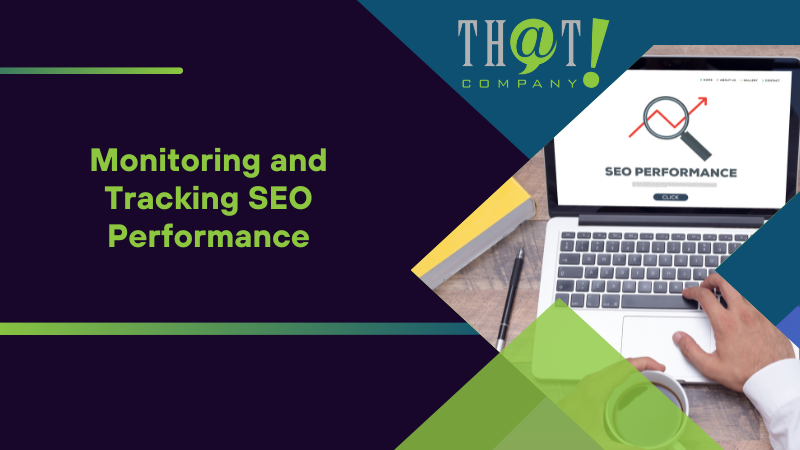
Monitoring and Tracking SEO Performance
Monitoring SEO performance is crucial for understanding the effectiveness of current strategies and making informed adjustments. SEO is not a one-time task; it requires regular reviews and adjustments based on data insights.
Regularly checking organic traffic results and making necessary improvements ensures continuous performance enhancement.
Using Google Analytics and Search Console
The primary tools for tracking SEO performance are Google Analytics and Google Search Console. Google Analytics allows you to track website traffic, user behavior, and other critical metrics, while Google Search Console helps monitor your site’s search performance and indexing status.
By utilizing these tools, small businesses can obtain valuable insights to refine their SEO strategies and improve website performance.
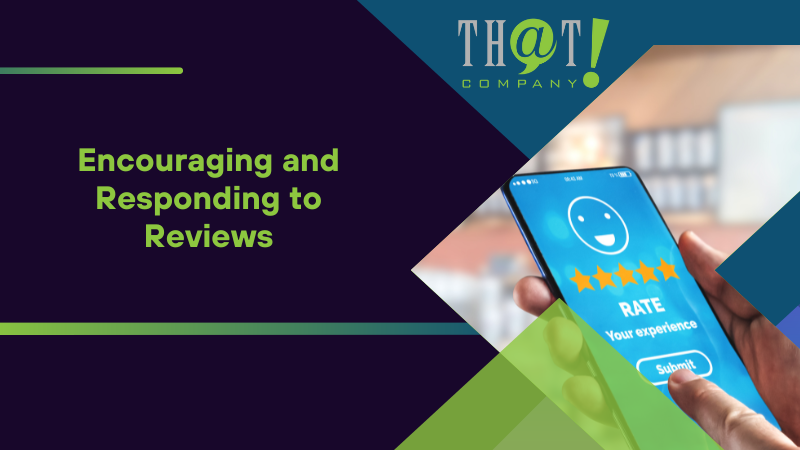
Encouraging and Responding to Reviews
Customer reviews positively influence Google rankings and are essential for building customer trust and credibility. Small business owners should remind customers to leave reviews and can create and share a link to their Business Profile to facilitate this.
Engaging with both positive and negative reviews fosters a transparent brand image, enhancing customer trust and loyalty. Responding to reviews signals freshness and activity, recognized by Google, and can positively impact map pack rankings, contributing to better visibility in local searches.
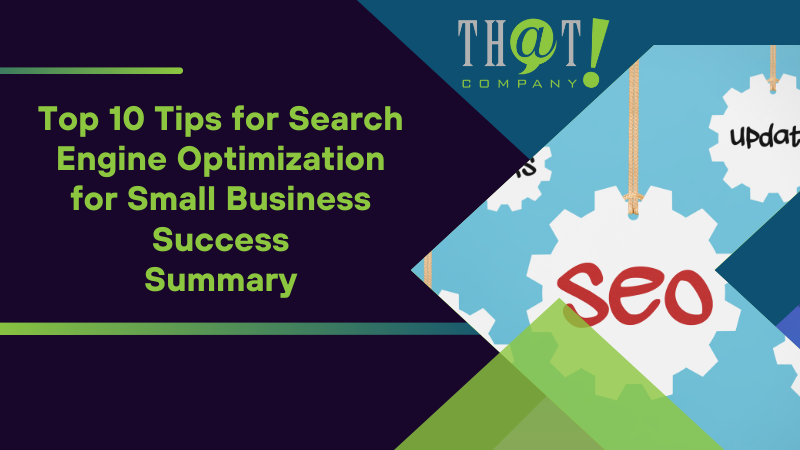
Summary
Search engine optimization is a powerful tool for small businesses, enabling them to increase online visibility, build trust, and attract more customers. Partnering with a local SEO white label provider can help businesses differentiate between small business SEO and local SEO, set up essential SEO tools, conduct effective keyword research, optimize on-page elements, and improve site structure. These strategies significantly enhance online presence and drive sustainable growth.
Partnering with experts like That! Company for white label SEO services can further amplify these efforts, providing professional expertise and comprehensive support. By leveraging these strategies and tools, small businesses can navigate the digital landscape successfully, driving organic traffic, building credibility, and converting visitors into loyal customers. Embrace these SEO tips and watch your business thrive in the competitive online market.

Frequently Asked Questions
What is the primary goal of small business SEO?
The primary goal of small business SEO is to enhance website rankings in search results, thereby driving organic traffic and effectively connecting with the target audience early in their buying journey.
How does local SEO differ from small business SEO?
Local SEO specifically enhances visibility in location-based search results, whereas small business SEO focuses on improving visibility to a wider audience. It’s crucial to tailor your strategies based on whether you’re targeting a local or broader market.
What are the benefits of using That! Company’s white label SEO services?
Using That! Company’s white label partnership for SEO services can significantly enhance your service offerings and boost client satisfaction, ultimately leading to sustainable growth for your business through their comprehensive support and flexible pricing.
Why is keyword research important for SEO?
Keyword research is essential for SEO because it uncovers the specific terms potential customers use, enabling businesses to tailor their content and strategies effectively to enhance visibility and drive traffic.
How can small businesses build high-quality backlinks?
Small businesses should focus on guest blogging, outreach efforts, and partnerships with suppliers and local associations to effectively build high-quality backlinks and enhance their online visibility. These strategies not only improve link profiles but also foster valuable connections within the industry.

